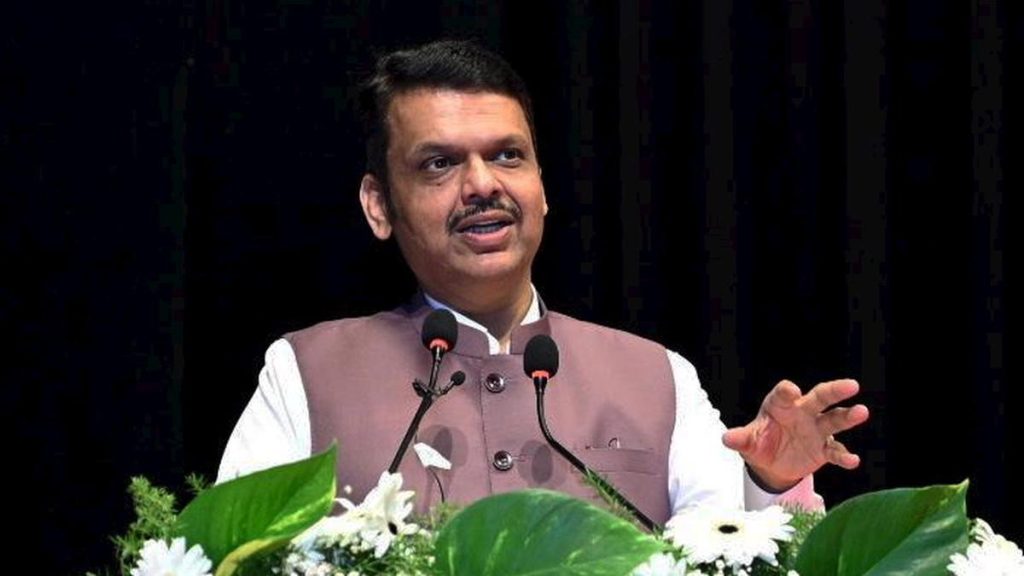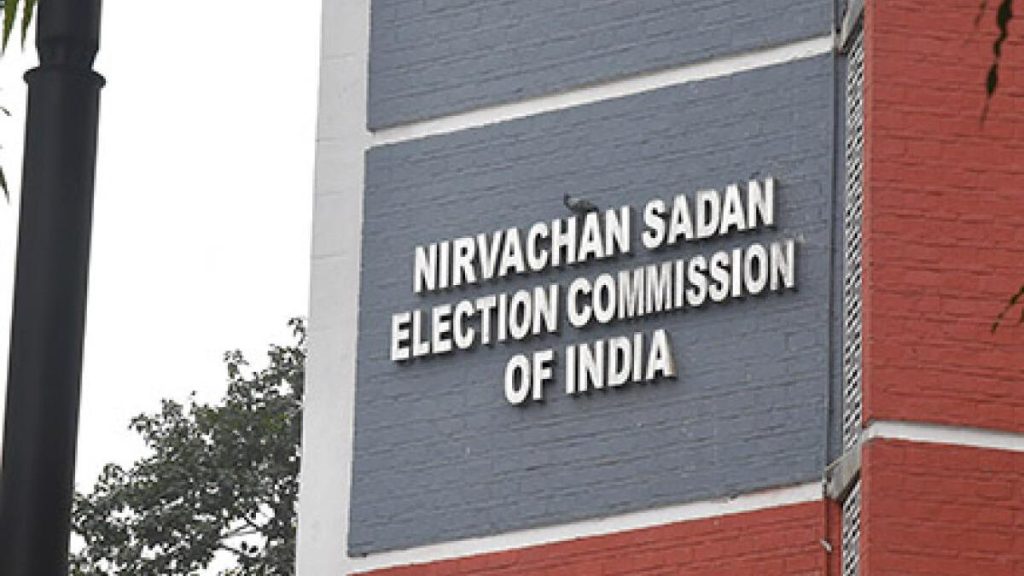Now Reading: Protesters in Koppal Urge Minister M.B. Patil’s Removal Over Baldota Expansion Remark
-
01
Protesters in Koppal Urge Minister M.B. Patil’s Removal Over Baldota Expansion Remark
Protesters in Koppal Urge Minister M.B. Patil’s Removal Over Baldota Expansion Remark
Quick Summary
- The Koppal District Bachao Andolan Samiti and Parisara Hitarakshana Vedike staged a protest in Koppal demanding the removal of Minister M.B.Patil from the State Cabinet.
- Activists accused Mr. Patil of making an “irresponsible” statement in the Legislative Council about the Baldota group’s BSPL plant expansion, which allegedly disregarded a stay order by the Chief Minister against said expansion.
- Protesters argued that over 1.5 lakh residents in Koppal and Bhagyanagar could face environmental and livelihood issues due to MSPL’s pellet plant chimney pollution.
- Despite a High Court ruling mandating public access to Basapur tank, activists claim MSPL fenced it off, denying villagers and their livestock water access. Allegations include assaults on herders who attempted to use the tank.
- Writer Allamaprabhu Bettadur criticized Mr. Patil for adopting a pro-industry stance that betrayed public trust, with no action taken regarding water supply promises made earlier in the House.
- Protesters demanded M.B. Patil’s dismissal from his position, revocation of company approvals for using Basapur tank, and permanent halts on BSPL’s expansion plans.
Indian Opinion analysis
The protest highlights growing tensions between industrial development priorities and grassroots concerns regarding environmental preservation and community welfare. While industries are crucial for economic progress, alleged encroachments on natural resources like Basapur tank risk becoming flashpoints when local interests are ignored or inadequately addressed.
The controversy surrounding M.B. Patil’s perceived “pro-industry” stand illustrates public frustration with political leadership seen as dismissive of environmental degradation allegations while approving decisions potentially harming rural livelihoods. Additionally, accusations of delayed enforcement following judicial orders further undermine confidence in governance mechanisms.
Resolving such conflicts requires balancing infrastructure growth with sustainability practices while ensuring equitable access to essential resources like drinking water-critical for community survival amidst industrial expansions.

























